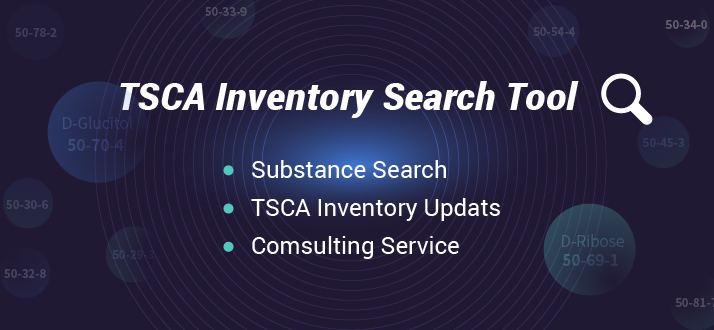Mandatory Filing Procedure for Labels of Imported Pre-packaged Foods Is Cancelled
On April 22nd, 2019, the General Administration of Customs published the Announcement No. 70 of 2019, “Announcement on Matters Concerning the Inspection and Supervision of Label Inspection of Imported and Exported Pre-packaged Foods”. From October 1st, 2019, the inspection system for labels of imported pre-packaged food moved from the standard filing procedure to a new spot-check system. The importer will bear the responsibility and will become accountable if incompliance is reported after customs clearance.
Self-assessment of Labels
From October 1st, 2019, the filing requirements for the labels of pre-packaged foods at the first importation will be cancelled. The importer will be responsible for ensuring the Chinese label on the imported pre-packaged food complies with relevant laws, administrative regulations and national food safety standards of China. Products that fail to pass the examination shall not be imported.
Interpretation: From October 1st, the importer will bear the responsibility for ensuring compliance for the labels, and Customs will no longer be responsible for such review. Therefore, enterprises need to prepare compliant Chinese labels before importation.
From Filing System to Spot-Check System
The importer shall submit to the customs officers his/her certificate of conformity, the original and translated version of the label of the imported pre-packaged food, the Chinese label sample and other supporting documents, when imported pre-packaged food is taken for on-site inspection or laboratory inspection.
Interpretation: Although the standard mandatory filing procedure for imported food labels was cancelled, under the updated spot-check system, labels may be randomly selected to be reviewed by the General Administration of Customs. If an enterprise’s imported pre-packaged food is randomly selected by Customs and required for on-site inspection or laboratory inspection, the certification documents of the food, the original and translated labels of the imported pre-packaged food, the Chinese label samples and other certifying materials will have to be submitted. If the products are not being sampled, they will be cleared by customs automatically.
No Label is Permanently Qualified
When Customs receives a notification from the relevant department or a consumer’s report that the label of imported pre-packaged food is suspected of violating relevant provisions of the law, verification shall be carried out. Once confirmed, the product will be destroyed, or rejecting disposal will be carried out according to law.
Interpretation: Even if a product successfully passes customs inspection, this doesn’t automatically imply that the label will be indefinitely qualified. After importation, if the Chinese labels haven’t been changed or modified according to the latest regulations, once being found and confirmed, the products will be disposed according to law.
Compliance Strategies for Enterprises
Before Import





During Import



After Import



REACH24H reminds that the cancellation of the mandatory label filing procedure does not mean the cancellation of supervision. As one of the food inspection items, the imported pre-packaged food labels will be inspected by customs in accordance with relevant laws and administrative food safety regulations.
